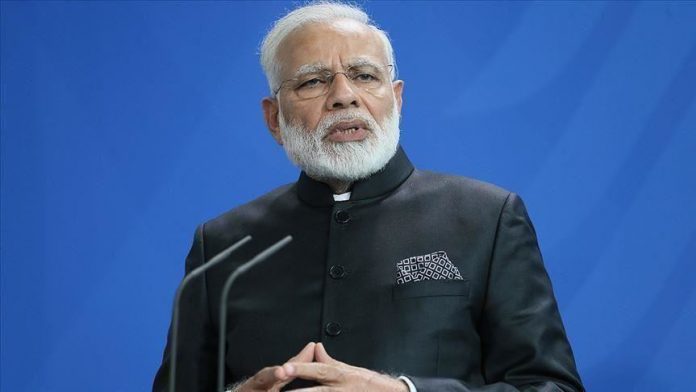There are scientific bases and epidemiological significance for the 21-day lockdown period declared by Prime Minister Narender Modi in India.
Is there any epidemiological/ public health significance to the 21-day lockdown period announced by Prime Minister Narendra Modi?
It looks that rich scientific data has fed this decision to declare a 21-day lockdown period in India. 21-day quarantines have been explained elaborately in the context of Ebola, and the computations are based on the expected incubation period of the virus in a human host. The 21-day quarantine value is obtained from interpretations of outbreak data, past and present, public health experts said.
“In epidemiological terms, the philosophy is that we have reached an incubation period of 14 days. Give another week for the residual infection to die out, for the tail end, to be completely safe, and you come at 21 days,” says Tamil Nadu’s Director of Public Health K. Kolandasamy. This being a new coronavirus, they have calculated that the median incubation period (the time between the entry of the virus to the onset of symptoms or disease) falls within this period.
Science Daily recently published a new study in the journal Annals of Internal Medicine “that assumes that the median incubation period for COVID-19(Coronavirus) is just over five days and that 97.5% of people who exhibit symptoms will do so within 11.5 days of infection. Researchers directed by Nicholas Reich, Associate Professor in the School of Public Health and Home Sciences, University of Massachusetts, Amherst, reportedly examined 181 confirmed cases with identifiable exposure and symptom onset windows to estimate the incubation period of COVID-19 (Coronavirus). They conclude that ‘the current period of active monitoring confirmed by the U.S. Centers for Disease Control and Prevention is well supported by the evidence.’
Also read: Coronavirus Impact: Amazon India to Concentrate on Delivering Only High Priority Products



